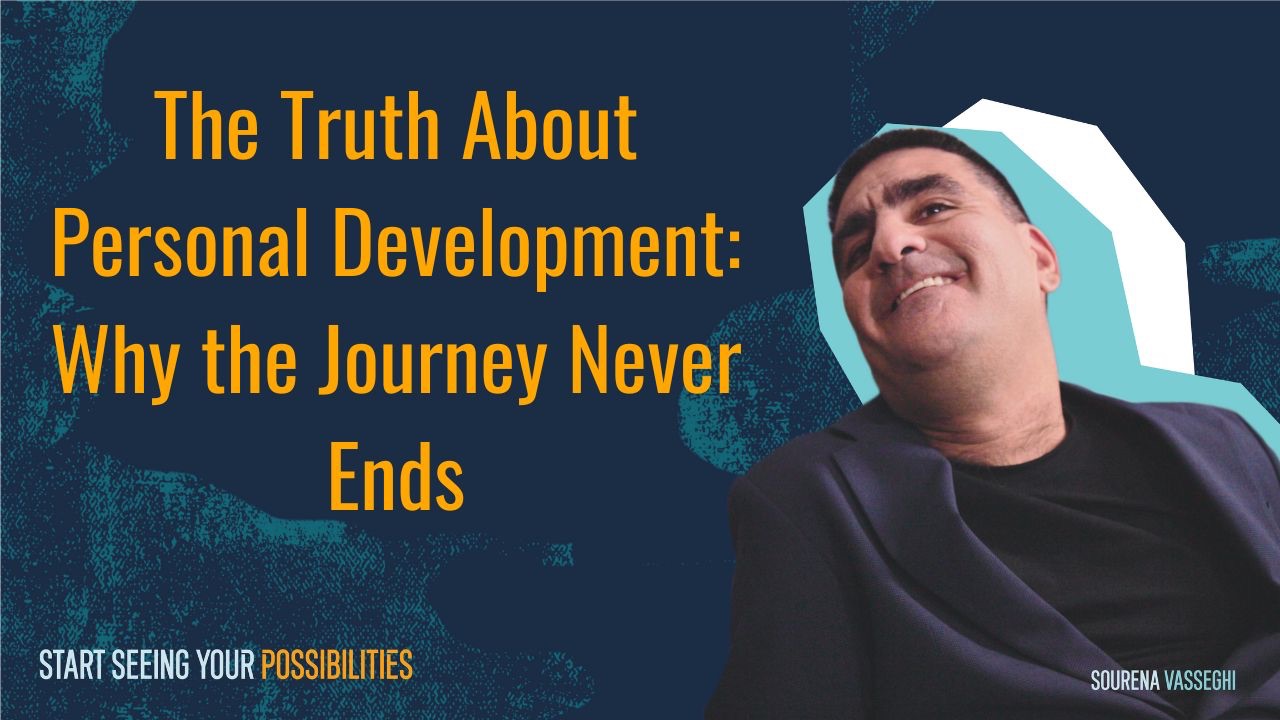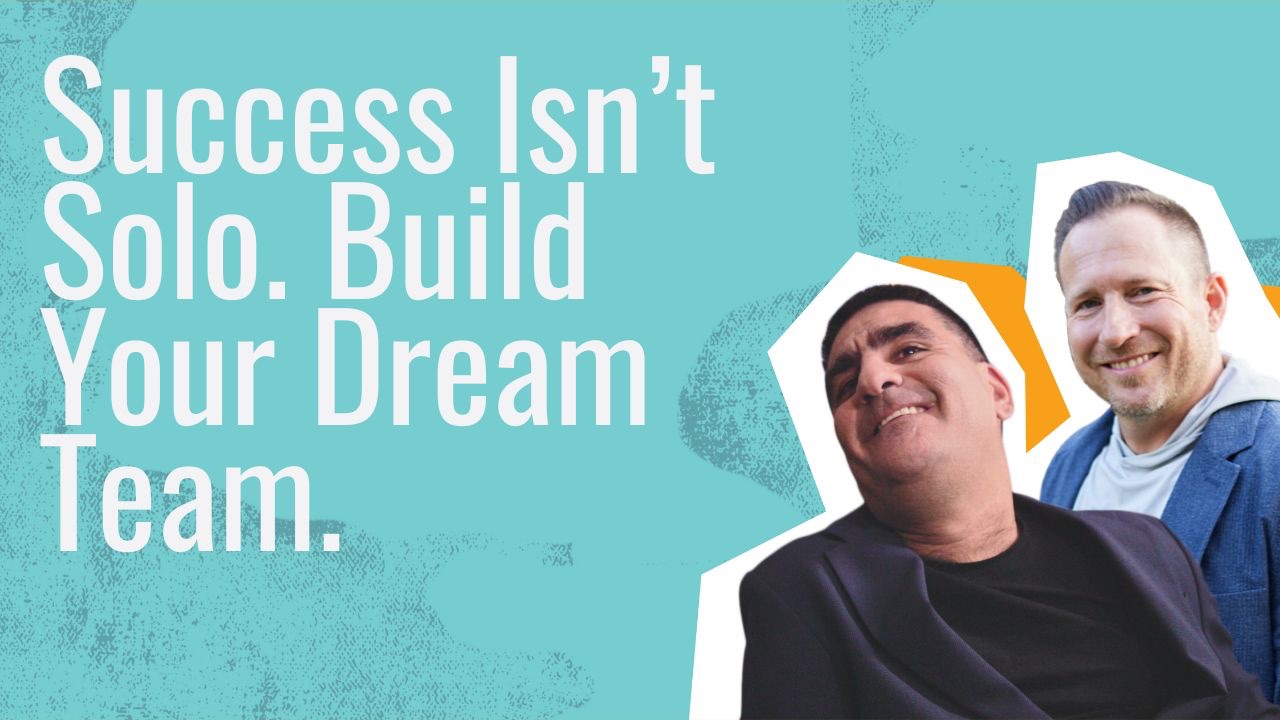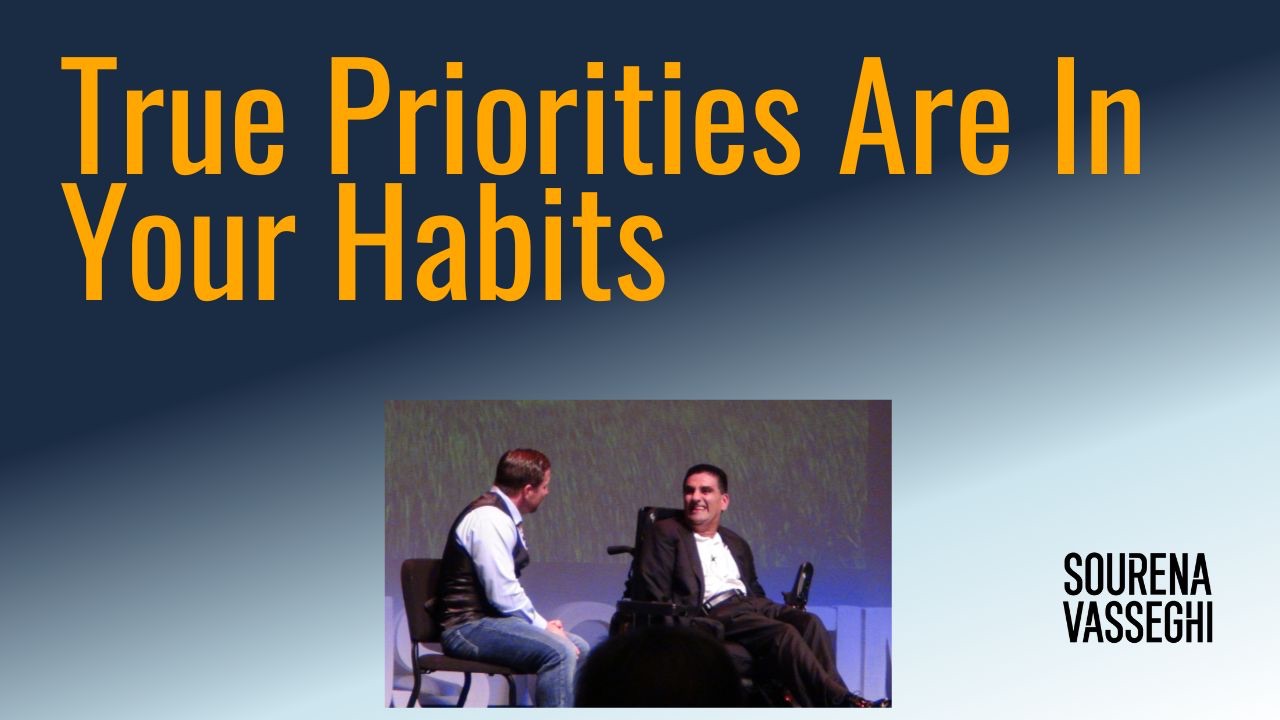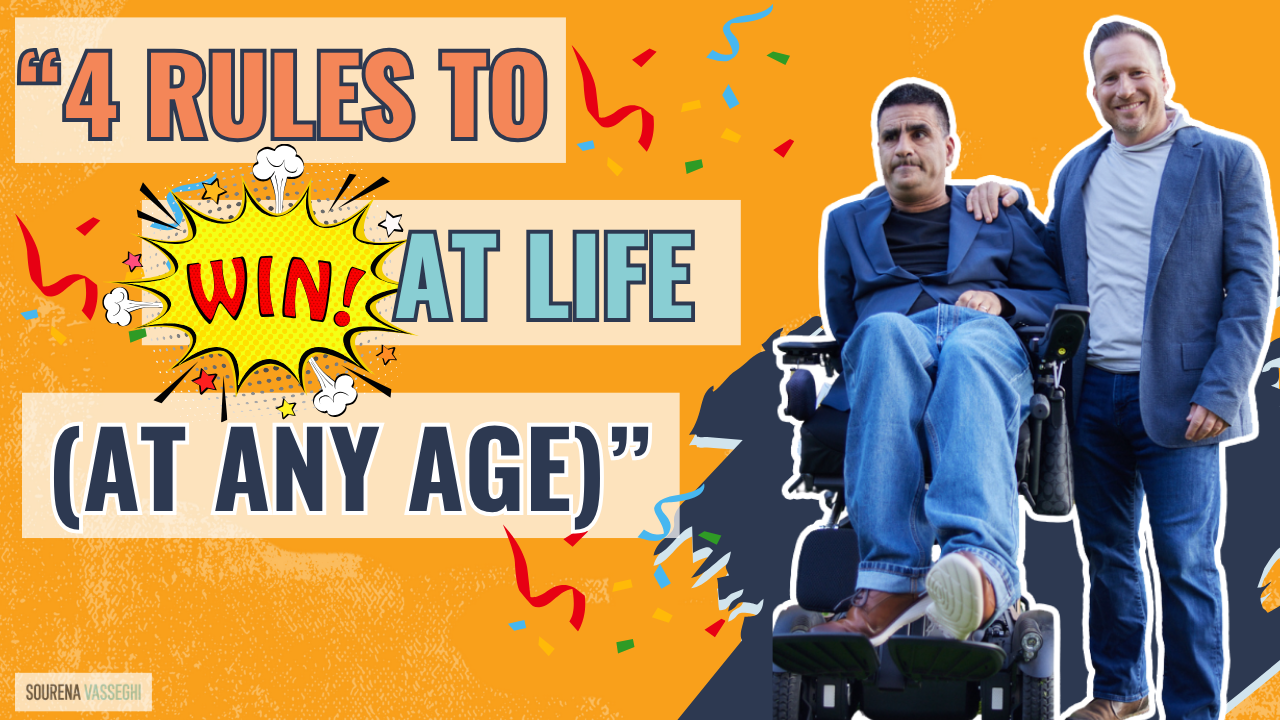The Dopamine Trap: Why We’re Addicted to Goals (And How to Break Free)
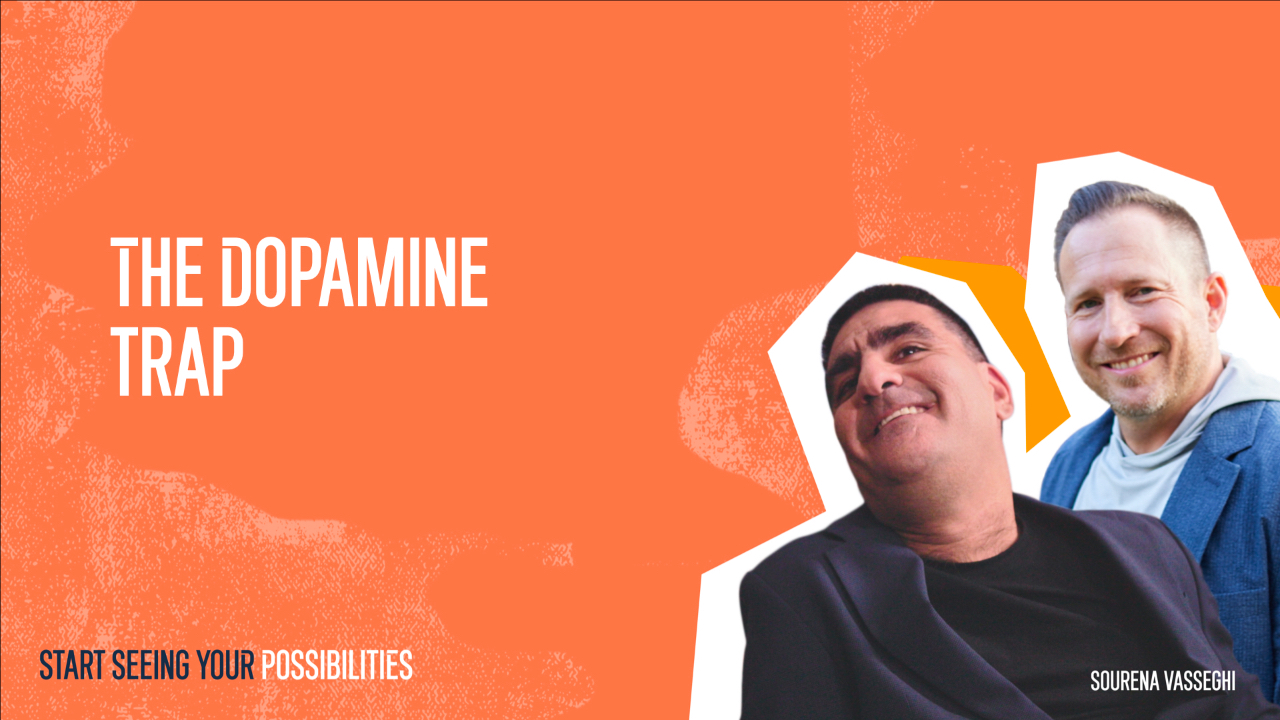
Traditionally, we are taught that achieving success is a discipline and willpower game. While discipline and willpower have their place in any success journey, it is essential to understand the human tendency that dictates our actions and our habits.
Our brain is designed to act within our habit loop, which starts with a cue, moves to a craving and then on to a response to ultimately a reward. This is based on James Clear’s work in the book Atomic Habits. We are constantly in this loop throughout the day. If we are not careful, bad habits can creep into our daily lives.
A big part of this is the fact that dopamine is being released in the brain throughout the day. This can lead to unhealthy and even, in some case,s destructive habits. When the brain has a cue, it automatically wants to complete the habit loop and it’s not satisfied until it finds its reward.
The most common example of this is one that almost everybody has experienced. It’s something that we all go through almost on a daily basis. It’s every time we hear a ding from our phone. When we hear a ding from our phone, it releases dopamine, and we wonder if it’s a text, a social media post, or breaking news. We try to ignore it. We rationalize that it’s probably nothing. But, we are compelled to check it to be sure that everything is okay, everyone is safe, and the world is not going to end. We are not satisfied until we complete the habit loop. The bottom line is we are a society addicted to dopamine. We are constantly spending our time on things that are a waste and don’t push our goals forward.
Addiction is partly a result of our need for more dopamine.
There’s a battle between that which satisfies us in the short term hurts us in the long term and vice versa. One of the universal principles of success is the ability to delay some kind of gratification. In the short term, we can put a piece of chocolate in our mouths, go out for cocktails, become passive-aggressive with our loved ones, buy the expensive shoes or anything that immediately fulfills us. Initially, these actions may provide a certain amount of satiety. However, taking these actions hurts us later. We will limit our buying power, be sluggish the next day, dent our relationships, or hurt our chances for success. If we habitually engage in these practices, not eating right, spending more than we should, and using others as emotional punching bags, we hurt our trajectory of success. The bottom line is that these seemingly innocuous actions hurt our chances for success, all for a hit of that drug — dopamine.
Part of being disciplined and putting ourselves in the best position to hit our goals is not going after the hit of dopamine. Part of being disciplined is placing our goals ahead of immediate gratification. In other words, weaning yourself off the need for the dopamine hit. There will be time to indulge in life’s pleasures, but it should be a reward for hard work, not a need to escape or a need to be constantly satiated and comfortable.
Let's Stay in Touch!
Join my newsletter. I've love to update you on news about me and ways to stay motivated.
By submitting this form, you agree to receive ongoing updates from Sourena Vasseghi


